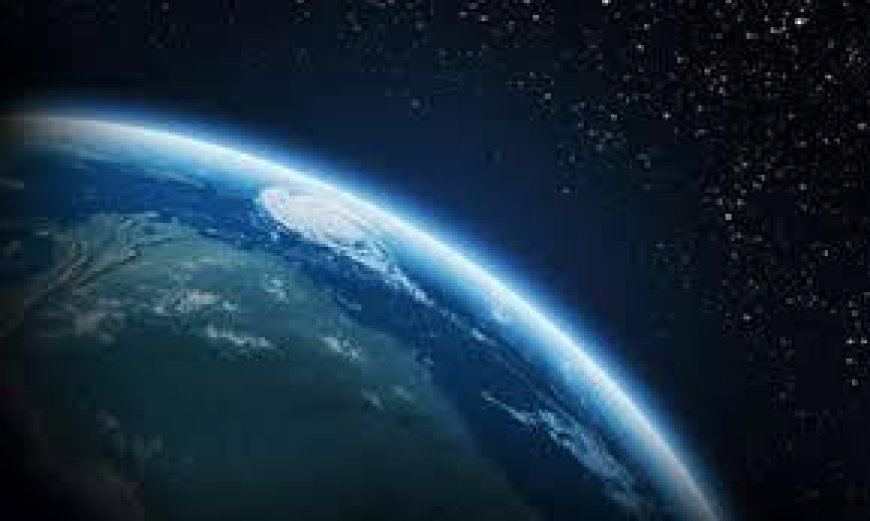Astronomers Find Water-Rich Super-Earth Double Earth's Size
Astronomers have discovered a water-rich 'super-Earth' named TOI-1846 b, located 154 light-years away. It is nearly twice the size and over four times the mass of Earth. The planet orbits its host star every 3.93 days and has an estimated temperature of 568 K.

In a breakthrough for exoplanet research, astronomers have identified a water-rich \"super-Earth\" located approximately 154 light-years from Earth. The newly validated planet, named TOI-1846 b, is nearly twice the size and over four times the mass of Earth, according to findings published on the arXiv preprint server.
Led by Abderahmane Soubkiou of Morocco's Oukaimeden Observatory, the discovery was made using NASA’s Transiting Exoplanet Survey Satellite (TESS), along with a combination of ground-based photometric data, high-resolution imaging, and spectroscopy.
TOI-1846 b has a radius of about 1.792 times that of Earth and is estimated to be 4.4 times more massive. It orbits its host star once every 3.93 days and has an equilibrium temperature of around 568 K.
Researchers believe that the planet is likely to be rich in water, although its exact composition remains uncertain. They emphasised the importance of conducting radial velocity (RV) measurements to confirm its mass and further investigate its structure.
The exoplanet’s host star, TOI-1846, is a small and relatively cool star, with a radius just 0.4 times that of the Sun and a mass of about 0.42 solar masses. It has a surface temperature of 3,568 K and is estimated to be 7.2 billion years old, making the system older than our solar system.
This discovery follows a similar one earlier this year, when scientists identified another super-Earth, HD 20794 d, located just 20 light-years away. That planet is six times the mass of Earth and orbits within the habitable zone of a Sun-like star. However, its elliptical orbit raises questions about whether it could support life.
According to the source: madhyamamonline.com.
What's Your Reaction?
 Like
0
Like
0
 Dislike
0
Dislike
0
 Love
0
Love
0
 Funny
0
Funny
0
 Angry
0
Angry
0
 Sad
0
Sad
0
 Wow
0
Wow
0




































































































































































